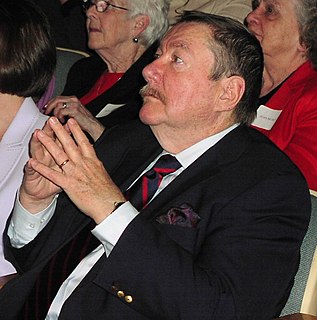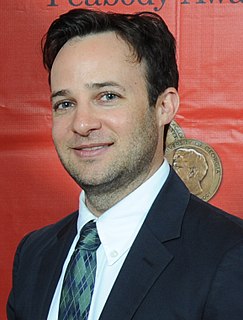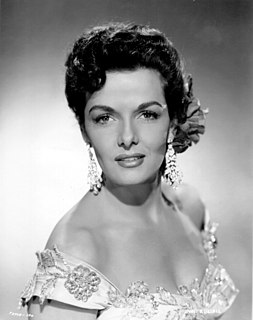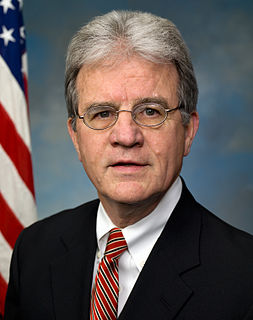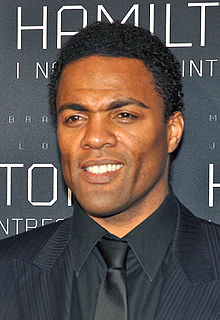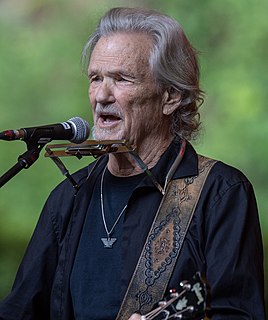A Quote by Daniel Goldstein
I was creating commitment devices of my own long before I knew what they were. So when I was a starving post-doc at Columbia University, I was deep in a publish-or-perish phase of my career. I had to write five pages a day towards papers, or I would have to give up five dollars.
Related Quotes
One thing that helps is to give myself permission to write badly. I tell myself that I'm going to do my five or 10 pages no matter what, and that I can always tear them up the following morning if I want. I'll have lost nothing-writing and tearing up five pages would leave me no further behind than if I took the day off.
I was a journalist. I was a drummer. I was everything. I didn't know what the heck I was. But with Jack Paar, the job was very specific - no confusion. You came in each day. You wrote five pages of jokes. You handed the pages in... The pressure was to write five pages of jokes every day. I did it, and I thought, 'This is what I like to do.'
I remember I had a low point when I was working on a soap opera, 'General Hospital,' five years ago. It was my first real job, and it was so overwhelming. You would work five days a week and have to learn sometimes up to 30 pages of new dialogue a night, then have one take to shoot it all, the next day.
I'm so used to artists saying to me, "Listen, I'm going to have five pages done next week," and then three weeks later I'm phoning them, begging them for two pages. And Stuart [Immonen]is a guy who will promise you five pages and deliver six pages, and the six pages are even better than you could have ever imagined.
I never was one to go into an office and write. For one thing, I had a job. I was cleaning the ashtrays and setting up the studios at Columbia for a couple of years and working every other week down in the Gulf of Mexico flying helicopters. I didn't really get to just write songs for about five years.


